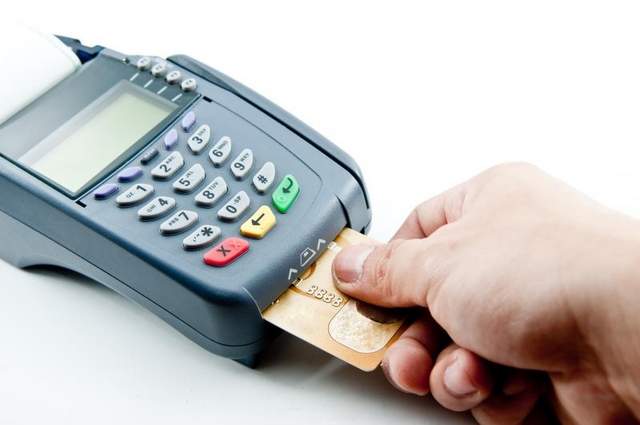
Not only can you get a credit card after bankruptcy, it is absolutely essential to repairing your credit. Regardless of whether you file a Chapter 13 or Chapter 7 bankruptcy, once you receive your discharge, you are eligible to get a credit card. Your specific circumstances will determine what kind of interest rates and credit limits you will be offered. Credit card issuers will look at your entire financial picture, however, not just your bankruptcy filing. Do not assume that you do not qualify to get a credit card after bankruptcy. Some people are inundated with offers; others simply have to ask. Take a long-term approach to repairing your credit and get a credit card after bankruptcy.
Why You Should Get a Credit Card After Bankruptcy
Credit cards are essentially short-term loans. One group of credit card companies will be proactive in offering you their cards because it is often during and after bankruptcy that you most need short-term credit. These issuers typically flood bankruptcy filers with offers. Other credit card companies are more cautious, and although they will not offer you a credit card unsolicited, that doesn’t mean that you can’t get a card with them. But you will have to ask.
The more proactive companies will likely charge you higher interest rates. If you are inundated with credit card offers, you should definitely choose one because there is really no better way of repairing your credit after a bankruptcy. But you should carefully look at the interest rates and any additional charges, such as annual charges and late fees, then get the credit card that has the best terms.
Secured vs. Unsecured Cards
While unsecured cards are better for your credit than secured cards, in some cases it may make sense to take out a secured card because you may be compelled to spend less each month. Credit card issuers may also impose limit on your available credit, may ask for a deposit, and may even offer a part of your deposit as the available credit in every bill cycle. The problem with prepaid or secured credit card is that the issuer may not report the financial transactions to the credit bureaus. Before you get a credit card that requires a security deposit, find out if the creditor reports monthly payments to the credit bureaus.
